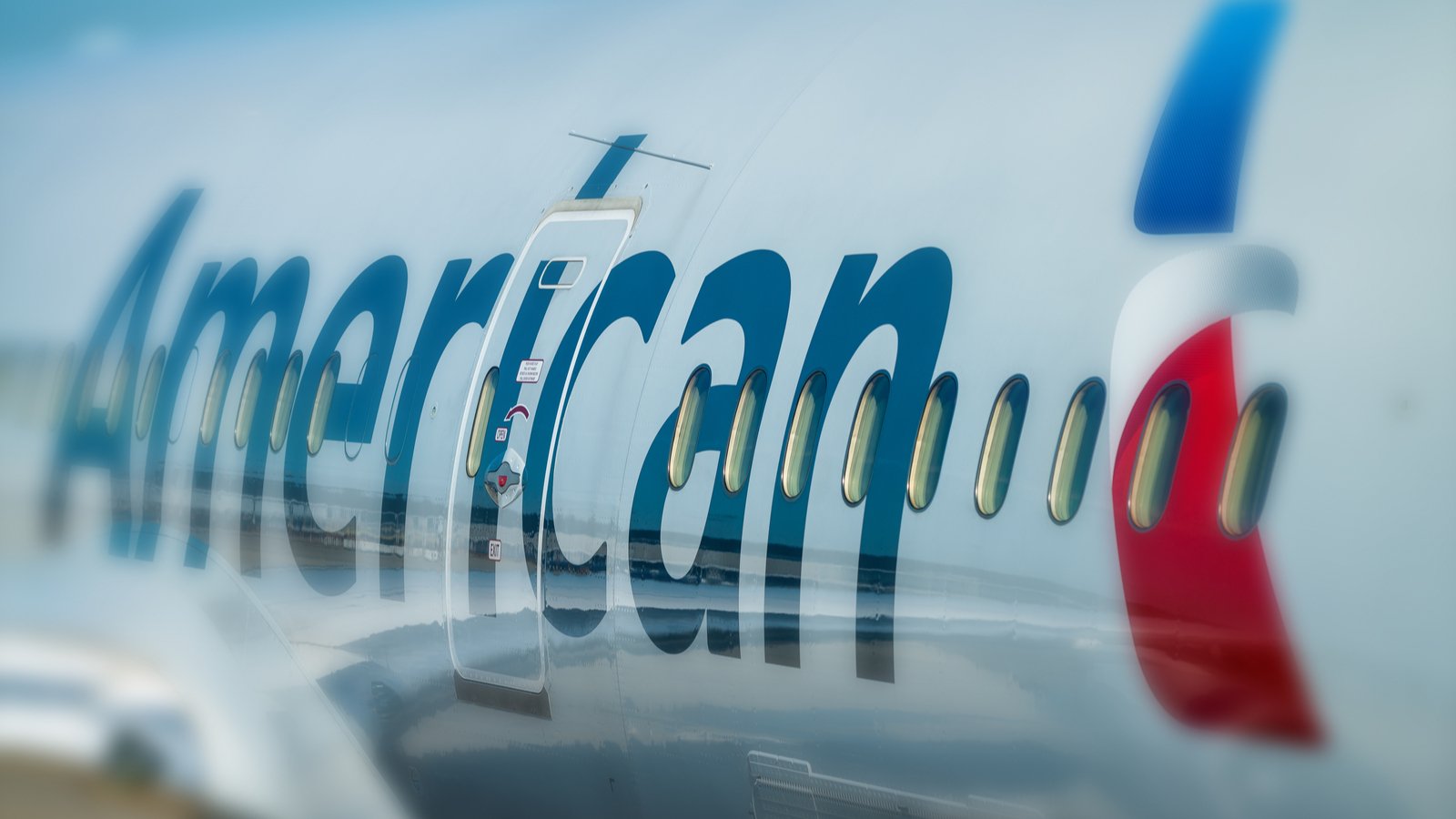At its current price of $16.49 per share, American Airlines (NASDAQ:AAL) stock is still relatively close to its 52-week low of $8.25. Investors may be tempted to pick up AAL stock because of an assumed impending price bump as flights ramp up.

But Main street investors like you and I first need to look at the company’s past history, liquidity, and valuation before that. In a beleaguered industry, facing overcapacity for some time to come, and as a laggard with a weak balance sheet, AAL stock is one of the last trades investors should be considering. Recent news only solidifies that notion.
More Bad News for American Airlines
On May 27, American Airlines released a management note outlining their continuing priorities during the pandemic. Management listed adequate cash, a reduction of cash burn rate, and restoring confidence in air travel as the three goals.
The thrust of the filing is that the company feels they have adequate liquidity. But in order to reduce expenses they will be reducing staff by 39,000 through voluntary leave and early retirement.
Continued Efforts to Stop the Bleeding in AAL Stock
The company is attempting to streamline operations to decrease daily cash burn. AAL will prioritize fleet optimization and restructured organizational teams. The company plans to fly 100 fewer planes by next summer and will be reducing and retiring mainly widebody planes from the fleet. The company’s current fleet is roughly an 80/20 percent mix of narrow body to widebody aircraft. And American currently maintains a total fleet of 871 planes.
AAL’s management is prioritizing restructuring will prioritize future leaders and talent. Management and support staff is to be about 30% leaner moving forward to accommodate the reduction in operations. American stresses this decision is voluntary and that thereafter, involuntary separations will be announced in July.
Needless to say, the company will have a battle on its hands in trying to incentivize workers to voluntarily quit in this employment environment. Those who American will “involuntarily separate” in July will have a union acting on their behalf. American Airlines stock will react as this plays out. I don’t expect it to be a boon to the share price.
Underlying Cash Problems
Management has also stated that it expects the company to have $11 billion (page 44) in liquidity at the end of second quarter. American Airlines forecasts that their second quarter daily cash burn will average $70 million. Further, June average daily cash burn is expected to decrease to $50 million. Utilizing some quick math, we can extrapolate that AAL will burn through $6.3 billion in Q2 (90 days in a quarter x $70 million in daily average cash burn).
Such sustained losses hurt the company in the short term, surely. But American Airlines has also had to push out the maturity dates on its debt as it refinances new liquidity. So even when people resume flying, American’s management will struggle with finding creative ways to pay down these newly issued debts. American faces years of reckoning.
Realities Facing American’s Stock
Two current stakeholders are most heavily footing the bill: AAL stock shareholders, and those 39,000 employees who will find themselves jobless come July.
We should consider those people who are going to lose their livelihood, certainly. They are real people which too often gets glossed over in economic discussions. At the same time, it’s important to consider shareholders who might have lost significant chunks of their retirement in this disaster. They are every bit as real. And none of this bodes well for AAL stock.
American Airlines stock looks primed to see lean years. The company came into this pandemic with a weak balance sheet relative to its peers. American Airlines’ cash burn and new debt issuance have only compounded the situation. So, despite management’s rosy assurances that its plan should bear fruit come July, things look bleak.
One obvious truth is that operating revenues will be earmarked for repayment of this current liquidity issuance. Investors in AAL stock are not going to be prioritized in that environment. To expect serious price appreciation or above average revenue disbursements from the stock doesn’t make much sense.
Final Thoughts
The single compelling argument to buy American Airline’s stock is the vague notion that it’s so beleaguered that a rebound has to occur at some point. It’d be a long wait in my eyes. Investors looking to pick up still cheap airline stock should consider Southwest Airlines (NYSE:LUV) and Delta Air Lines (NYSE:DAL), who are better managed.
At the time of this writing, Alex Sirois did not hold a position in any of the aforementioned stocks.
